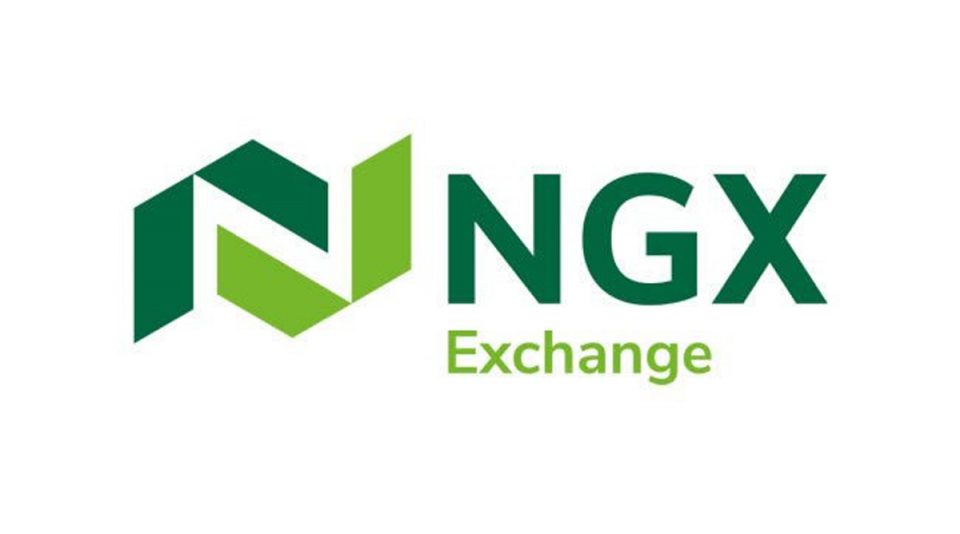Transactions up by 15%
Foreign portfolio investors’ appetite for Nigerian equities is increasing with more transactions on the purchase side than sell side.
The latest foreign portfolio investment (FPI) report showed that FPI inflows outweighed outflows by 27 per cent at the last count. Total transaction by foreign investors at the Nigerian market so far this year was also about 15 per cent higher than the comparable period of 2021.
The FPI report, coordinated by the Nigerian Exchange (NGX), also highlighted a positive trend in the fluctuation of trades this year, with inflows and outflows interchanging on the trend chart at equal rate of four months each.
Total FPI transactions for the eight-month period ended August 2022 stood at N301.37 billion, 14.66 per cent above N262.85 billion recorded in the comparable period of 2021.Total inflows so far in the year stood at N149.97 billion as against N123.46 billion in the corresponding period of 2021, representing an increase of 21.5 per cent. Total outflows however stood at N151.40 billion in 2022 compared with N139.39 billion in corresponding period of 2021, a lesser increase of 8.6 per cent.
The foreign portfolio deficit- the difference between outflows and inflows, thus narrowed considerably from –N15.93 billion in eight-month ended August 2021 to –N1.43 billion by August 2022.
Monthly analysis showed that FPI inflows outweighed outflows in August as more foreign investors staked higher on Nigerian equities compared to those selling. FPI inflows in August 2022 stood at N15.78 billion as against N13.68 billion in July 2022. Outflows dropped from N16 billion in July 2022 to N12.43 billion in August 2022.
The FPI report included transactions from nearly all custodians and capital market operators and it is widely regarded as a credible measure of FPI trend. The report uses two key indicators-inflow and outflow, to gauge foreign investors’ mood and participation in the stock market and the economy. While inflows and outflows indicate direction of portfolio transactions, total FPI measures the momentum and level of participation.
The recent trend shows a positive outlook and signals a possible break in the overall negative position of FPIs. Nigeria’s FPI had slipped into negative with a net deficit of N66.2 billion in 2018 after a world-leading stock market rally left the country with a surplus of N336.94 billion in 2017. Total foreign inflows in 2018 stood at N576.45 billion compared with outflows of N642.65 billion. Foreign inflows had in 2017 outpaced outflows at N772.25 billion and N435.31 billion.
FPIs in Nigerian stock market had dropped consecutively to lowest levels in recent years. FPIs had dropped by 40.4 per cent in 2021 to its lowest level in five years. Active participation of foreign investors in market declined by 11 percentage points from about 34 per cent of total market transactions in 2020 to about 23 per cent in 2021.
The full-year FPI report had also shown a significant deceleration in FPI transactions and it was the main reason for the 12.4 per cent decline in turnover of activities at the Nigerian stock market in 2021.
Total foreign transactions in Nigerian equities declined to N434.50 billion in 2021 as against N729.20 billion recorded in 2020. Consequently, the percentage participation of FPIs in total market transactions dropped from 33.63 per cent in 2020 to 22.88 per cent in 2021.
had, however, shown admirable improvement in the overall FPI deficit as the gap between inflows and outflows narrowed considerably in 2021 compared with 2020, although the country remains with negative FPIs flow.
FPI inflows and outflows stood N204.88 billion and N229.62 billion in 2021, indicating a deficit of N24.74 billion. These compared with inflows and outflows of N247.27 billion and N481.93 billion in 2020, and a deficit of N234.66 billion.
FPIs had also declined by 22.64 per cent to a four-year low to close 2020 at N729.20 billion as against N942.55 billion recorded in 2019. The decline in FPIs in 2020 counteracted the general increase in momentum of activities at the stock market, which saw 12.45 per cent increase in total turnover value.
FPI reports had shown wider gap between foreign portfolio inflows and outflows, implying that foreign investors had divested more than two kobo for every kobo invested in 2020, the worst deficit in recent years.
Total FPIs had increased from N1.208 trillion in 2017 to N1.219 trillion in 2018, before dropping by 22.72 per cent to N942.55 billion in 2019.
FPI reports have shown continuing negative trend in the mix of inflows and outflows, with more outflows than inflows, implying that foreign investors were selling more of their investments than buying more investments. This is known as FPI deficit.
Nigeria recorded FPI deficit of N234.66 billion in 2020, about 125 per cent increase on N104.3 billion recorded in 2019. This implied that foreign investors divested more than two kobo for every kobo invested in 2020. FPI deficit had stood at N66.3 billion in 2018.
The reports had also shown that the quantum of transactions by foreign investors relative to total transactions at the market decreased from about 49 per cent of total activities in 2019 to about 34 per cent in 2020. Foreign portfolio inflows stood at N247.27 billion as against outflows of N481.93 billion in 2020. Inflows and outflows had stood at N419.13 billion and N523.42 billion in 2019.
Analysts had attributed decline in foreign investment inflows into Nigeria to monetary and fiscal challenges.
Analysts at Cordros Capital said foreign inflows would remain low below the pre-COVID-19 levels over the medium term.
Analysts outlined that three broad factors would continue to fuel foreign investors’ apathy and limit the potential of the country as global destination for investors.
According to analysts, the lack of flexibility in the foreign exchange (forex) management framework and inadequate structural reforms are major factors discouraging foreign investors from the Nigerian market.
Analysts added that foreign investors might also be concerned about the atmosphere of uncertainties amid political risks as Nigeria gradually moves towards the 2023 general elections.



